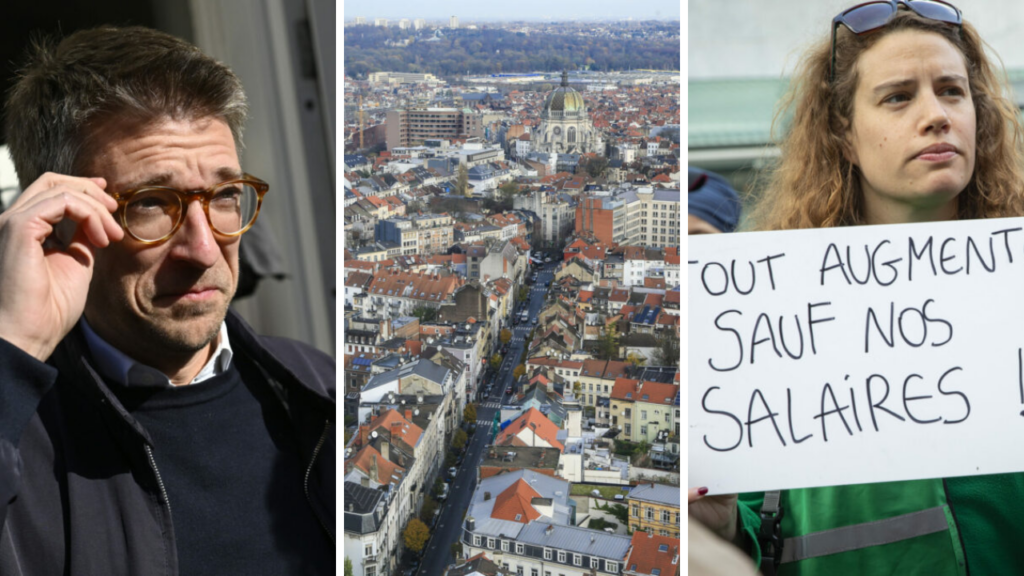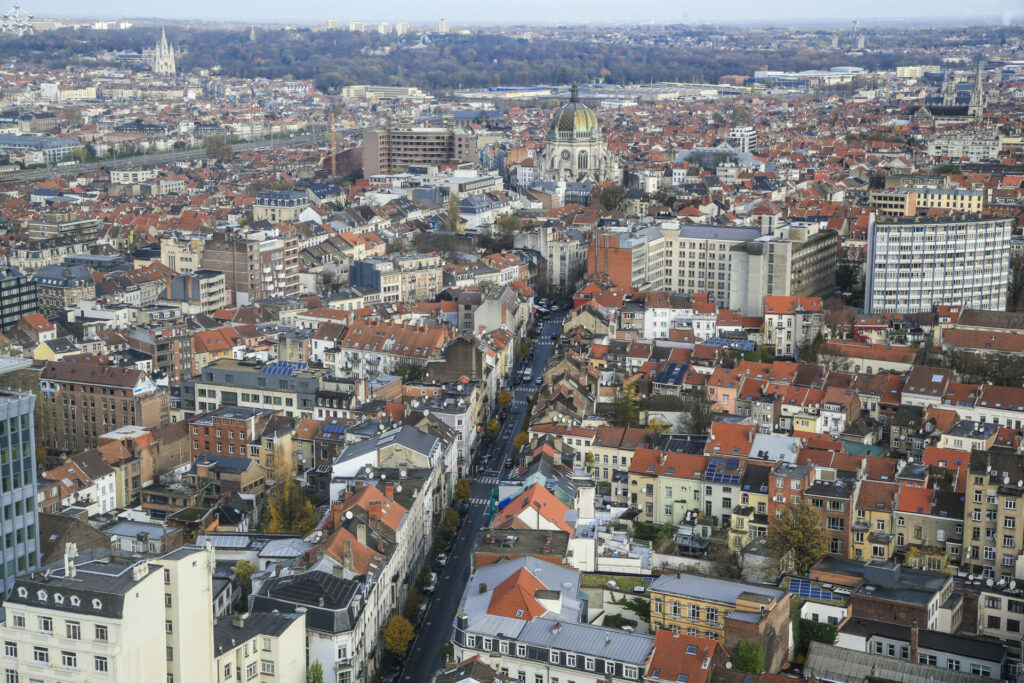Capital cities are sometimes perceived as enclaves of the affluent, islands of wealth with all the comforts one could want on the doorstep. One-sided as this vision may be, it is no doubt the case that some cities are simply too expensive for lower earners, with the hungry advance of gentrification rendering neighbourhoods unaffordable for many.
Brussels is a little different. Whilst it is true that the city isn't getting any cheaper – the city has finally approved a rent cap to save tenants from being priced out – it nonetheless is home to some of the nation's lowest earners. Six of the city's 19 communes have average incomes below the national average. In Saint-Josse-ten-Noode, the per capita income is 46.3% lower than the national average.
To put a number on this, the average net taxable income of people living in Belgium was €19,671; in Saint-Josse it is just €10,564. Even for those who know Brussels, this figure is alarming. The average cost of renting in the city is over €1100, indicating that the neighbourhood risks falling prey to "ghettoisation".
Of course, we're dealing with averages and there are various forms of social assistance to provide for those on lower incomes. But clearly more needs to be done to prevent Brussels from being fragmented. And though the numbers might create an image of run-down districts with all the downsides this entails, it is worth mentioning that some of the most exciting urban and cultural developments are also being carried out in these areas. The reality is always more complex than the reputation.
Belgium in Brief is a free daily roundup of the top stories to get you through your coffee break conversations. To receive it straight to your inbox every day, sign up below:
1. How a three-digit code on energy contracts can predict energy bill rates
As Belgian households brace themselves for record-high advance payments on their energy bills, a three-digit code will allow them to predict the amount to pay this winter. Read more.
2. Six Brussels communes among those with lowest incomes in Belgium
In six of Brussels' 19 communes, the average income was lower than the national average in 2020. In Saint-Josse-ten-Noode, where people's income is the lowest of all municipalities in Belgium, the per capita income is 46.3% lower than the national average. Read more.
3. Current climate pledges insufficient to avert catastrophe, says UN
Countries' current pledges to limit greenhouse gas emissions are insufficient to avert a climate catastrophe, a new UN report has shown. The report comes just days before the pivotal 27th annual United Nations Climate Change Conference (COP27) in Sharm El-Sheikh. Read more.
4. King Philippe denounces Russia’s ‘barbaric act’ during speech in Lithuania
As part of a planned visit of Belgian troops stationed in Pabrade, eastern Lithuania on Wednesday, Belgian monarch King Phillipe denounced the “indescribable violence” of the Russian army in Ukraine. Read more.
5. Cycling to and from work on the rise
Recent research carried out by the Central Economic Council (CCE) and the National Labour Council (CNT) shows that some 15% of Belgian employees received a bicycle allowance for their commutes to and from work. Read more.
6. 'Dare to legislate': Brussels mayor repeats call to legalise cannabis
Following the reported agreement by the German Government on the legalisation of cannabis, Brussels mayor Philippe Close reiterated his plea to decriminalise and eventually legalise its use in Belgium and Brussels. Read more.
7. Hidden Belgium: Urban Therapy
Two young creatives run a beautiful concept store in downtown Brussels and a second branch in the Marolles. They invite inspiring local makers to realise their ideas and sell them in the shops. Read more.


